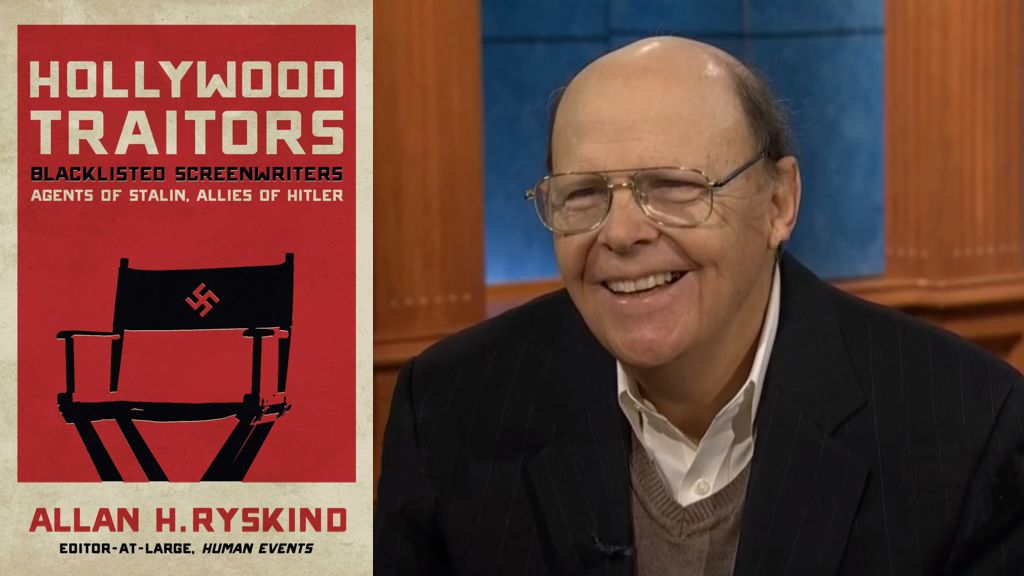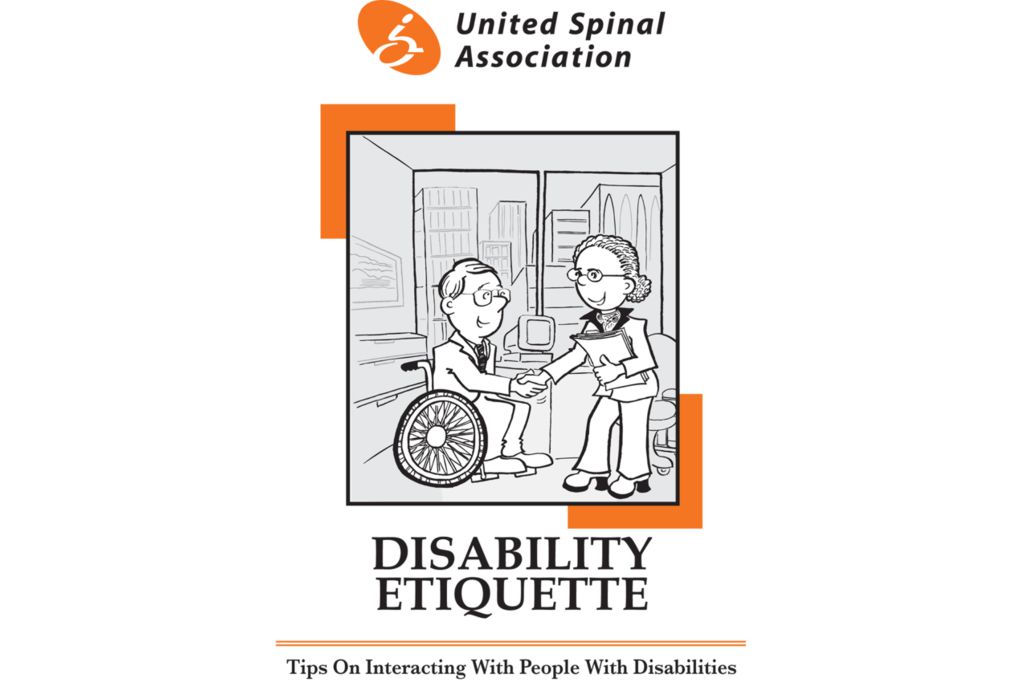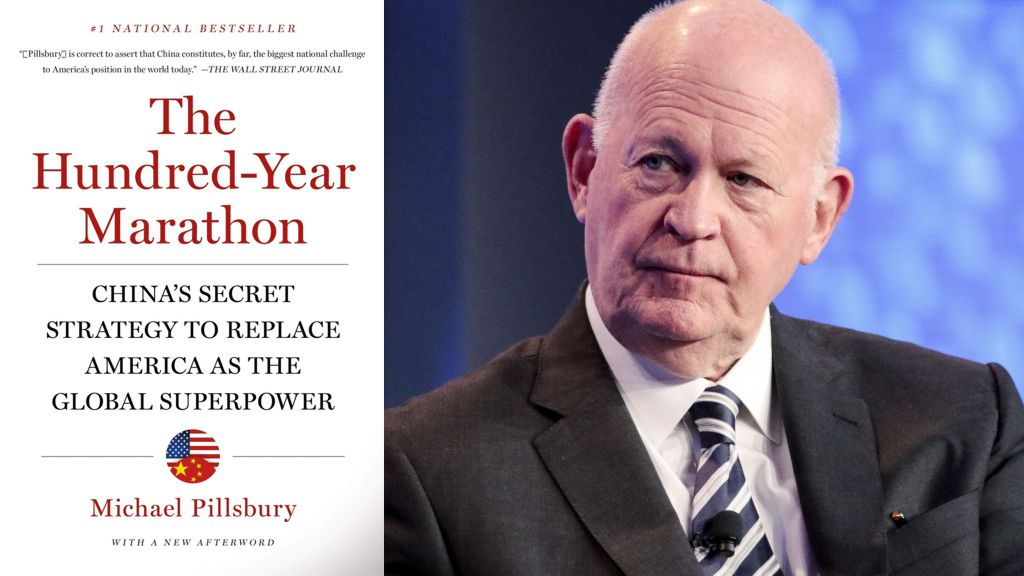Once on a British talk show in the early 1970s, anticommunist actor John Wayne startled the host by acknowledging that there was indeed a Hollywood blacklist. Wayne’s follow-up, however, made the host’s jaw drop even farther; the blacklist, he stated, wasn’t wielded by industry anticommunists against Communist Party members, but by the reverse. It was for this reason, Wayne stated, that he enlisted in the anticommunist fight in order to defend conservative screenwriters and get them back on the payroll.
Wayne, regarded by the Old and New Left, as a fascist, was in actuality more of a rebel against the establishment than they ever would be. The “establishment” in this case was Left Coast Hollywood, already entrenched by the early 70s, who, taking a leaf from the Hollywood communist narrative, asserted that the blacklisted were liberals battling fascism in the form of industry anticommunists. Upholders of free speech rather than the Stalinists they were, they paid the consequences for their New Deal liberalism by going to jail and being denied employment in the industry for two decades. Their eventual triumph wasn’t just in overturning the blacklist, but in getting modern day Hollywood, academia and liberals to accept their narrative. Hence, anticommunist movie stars like Robert Taylor have had their names removed from buildings, while blacklisted screenwriters such as Dalton Trumbo have free speech fountains at colleges dedicated to them.
This spin is nourished by the memoirs of the children of the blacklisted, who give the narrative more poignancy by showing how the blacklist warped their childhoods. These recollections all follow the same theme: assertions by the children that their parents were not knee jerk Stalinists; followed by a strong, loving family unit (no affairs or alcoholism are allowed into this narrative); then the unit is warped while at the same time being brought closer together as the blacklist hits; then a decade of near-poverty, school yard bullying, and a redemptive move toward leftist politics.
More than honoring the memory of their parents is involved here. As with Left Coast Hollywood, they have followed the narrative by continuing how they were used by their parents in protests against their jail terms—displayed with placards bearing how their parents were going to jail while their parents stood piously by.
By contrast, the children of their anticommunist foes have stayed silent. But Allan Ryskind, the son of the blacklisted’s bete noir, Academy-awarding screenwriter Morrie Ryskind, does not engage in self-pity or strumming the violin in Hollywood Traitors. While he notes that his father was the victim of the blacklist Wayne spoke of, he doesn’t play on it. Nor does he use the example of his father—a Jew and member of the Hollywood Anti-Nazi League and the Screenwriters’ Guild as well as a two-time voter for FDR—to refute the Left’s charge that their opponents were anti-Semites, anti-labor and anti-New Deal.
Instead he follows his métier as a journalist (Ryskind is a long-time editor of Human Events, the same journal his father once contributed to), the old fashioned kind who wrote what actually happened. He researches, and digs up facts in a bi-partisan manner (much of the damning sources he uses against Hollywood Stalinists comes from liberals and socialists and even anti-anti-communist historians). His effort is truly counter-cultural but he is not the first.
In recent years, as the Left Coast narrative has spread and burrowed into the general culture, there have appeared works by those such as historians Ronald and Allis Radosh that have invalidated what they call “the bedtime story Hollywood tells itself every night.” More than just exposing Hollywood communists as totalitarian hypocrites, the Radoshes have also validated the mandate of the House Un-American Activities Committee, which was to investigate attempts by communists to not only insert agit-prop into films but also to takeover the industry (i.e. a particular vicious strike in 1945 against the studios was masterminded by union leader and communist Herbert Sorrell; thankfully a non-communist union leader named Ronald Reagan was able to stem the tide). Even to the most objective observer there was a tide of movies peddling Stalinist propaganda during World War II.
Party member Richard Collins penned a portrait of dancing, nail-polished Kulaks in Song of Russia. Lillian Hellman turned their villages littered with corpses years before the Nazi invasion by Stalin into a more prosperous version of the Walton’s. The most notorious example, and one that galvanized Ryskind’s father into assembling anti-communists into a group, was Mission to Moscow (1943), which supported the rigged verdicts of the Purge Trials as a needed antifascist action against such “Nazi-loving fifth columnists” as Leon Trotsky. Perhaps the most high profile of anti-anticommunists, Victor Navasky, mocked anticommunist use of this film by stating that its screenwriter, Howard Koch, was not a Party member. But as the Radoshes have unearthed, and provided in more detail by Ryskind, Koch was a communist in everything but membership. And his technical advisor, Jay Leda was a Soviet spy currently being monitored by the FBI.
Ryskind doesn’t follow this established trajectory of anti-communist literature to the letter, however. He goes where others have not or have glossed over. He focuses on Blockade (1937), a film dealing with the Spanish Civil War written by the leader of the Hollywood Communists, John Howard Lawson. Others have accepted whatever propaganda message Lawson intended was diluted by conservative studio heads (Lillian Hellman attacked the film’s apolitical nature by stating she couldn’t tell the Loyalists from the fascists). Ryskind, however, sees a pro-Loyalist slant but one strictly for those under Soviet control. He rightly spends as much time on Ninotchka (1939), a highly successful comedy, as a rebuttal to those then and now who asserted that anticommunist films were crude and unprofitable. Director Ernest Lubitsch (who was so horrified by what he witnessed in 1938 Russia that he refused to remain a member of the Hollywood Anti-Nazi League unless communist members resigned) attacked the Soviets through the vehicle of the screwball genre, and, more effectively, than later more action-oriented entries exposed the joylessness and inhumanity of communism. Indeed, the State Department showed this film in Italy before the 1948 elections, and credited the communists’ loss at the polls to its effectiveness.
Most studies of the blacklist focus on the Hollywood Ten and/or the testimonies of those who re-appeared before HUAC to recant. But Ryskind spotlights those who refused to answer more telling questions than “are you now or have you ever been” a Party member. For those today who argue that being a Communist then did not disqualify oneself from American patriotism, Ryskind counters this with the testimony of screenwriters Waldo Salt, Micheal Wilson, and Abraham Polonsky in the early 1950s. The committee presented them with the question of whether they would defend the U.S. if attacked by the Soviet Union. As with the Ten’s evasion of answering while still appearing to, all three refused to answer yes; and instead split hairs by saying such a question was not “simple,” and they would instead “fight for peace.” With these three cases, conducted during the Korean War, and when there was a very real possibility there would be war with Russia, Ryskind challenges quite powerfully the accepted wisdom that the blacklisted were the real patriots.
Even among such studied topics as Hollywood Ten member Dalton Trumbo—well-plowed by conservative writers and by an admiring Hollywood (who is currently producing a sympathetic film about him)—Ryskind finds new damning, material. In a period, when Trumbo would later claim he was moving away from the Soviet Union, Ryskind finds un-filmed scripts he wrote defending both Stalin and North Korea in the early 1950s.
The biggest hit Ryskind scores is in how he validates, literally, anti-communist and anti-McCarthy screenwriter Budd Schulberg’s description of the Hollywood Reds as “Nazis posing as civil libertarians.” Ryskind shows it wasn’t just their endorsement of the same kind of repression practiced in Russia that also occurred in Nazi Germany. By examining Hollywood communist behavior during the Hitler-Stalin Non-Aggression Pact in 1939, he shows that they were actual supporters of the Third Reich. When Hitler and Stalin formed a military partnership, jointly invading Poland and beginning World War II, the word from on high for the American Communist Party was to keep America out of this war that would involve fighting the Soviets as well as the Nazis. Ryskind shows that the Hollywood branch weren’t biting their lip when parroting the Party line; the very zeal that industry Reds brought to supporting this line and attacking its enemies reveals that their passion for Stalin overlapped into one for Hitler.
While the Nazi war machine was conquering other countries and began housing captors into concentration camps, Party members at a Writer’s Conference attacked FDR’s aid to a bombed out Britain as “imperialist,” even “treasonous.” Party members spent so much time denouncing England as fascist that screenwriter Emmett Rogers (later to be accused by Hollywood Communists as being pro-Hitler when he testified against them before HUAC a decade later) noted that there was not one word uttered against Nazi Germany. He asked the British-bashers whether there was “any nation in the world today so low in the estimation of any man or woman in this hall tonight that he or she would want to see that nation conquered and destroyed by Hitler and Nazism?” Dalton Trumbo dismissed such reports of Nazi repression by stating “To the vanquished all conquerors are inhuman.” Beyond even those who were pre-equipped for such anti-anti-fascism after years of defending Stalin’s Hitler-like repressions, there were those who shared with the Nazis Hitler’s guiding racist sentiments. In this period, fellow-traveling novelist Theodore Dreiser expressed such extreme anti-Semitism that the Daily Worker criticized him for it.
All in all, Ryskind’s work is a welcome addition to the anticommunist corrections to the blacklist legend. He has written a convincing and well-sourced follow up to the pioneering effort of the Radoshes. Moreover, he has refused to play the warped victim son of a writer who was much maligned in his time and may have been black-listed (Morrie never got another script accepted after 1945). Instead he has focused on disputing how Hollywood then and now has rehabiliated what in essence were Stalinists.
By Ron Capshaw on Liberty and Law
About Ron Capshaw
Historian Ron Capshaw is a writer in Midlothian, Virginia.






